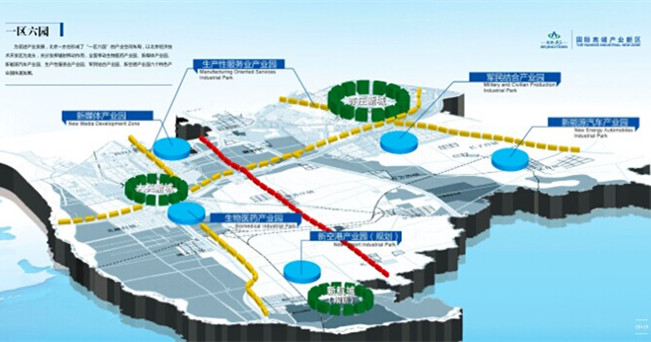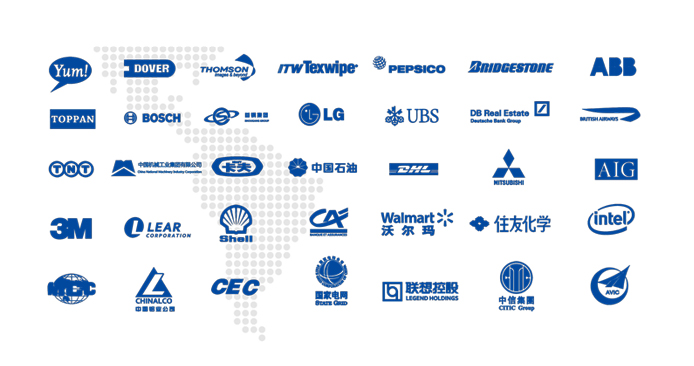Entrepreneur's rocket dream takes off
( China Daily )
In early June 2015, a few days before Legend's initial public offering in Hong Kong, Shu resigned, even though several executives tried to dissuade him from abandoning a promising career.
"One reason was that I kept telling myself that I must start my business before 30," Shu said. He added that another catalyst was his realization that space-launch services would become a lucrative industry, one with abundant opportunities for private Chinese firms.
"I thought that I must move quickly otherwise these precious opportunities would be seized by others and they would gain the initiative," he said.
Since the first day of China's space industry, the research and development of the nation's carrier rockets has been dominated by government-backed giants such as China Aerospace Science and Technology, which has been responsible for manned missions and lunar exploration.
However, the government has gradually realized that new players need to be introduced to stimulate innovation and competition, and to fill in market gaps left by established contractors.
Several government departments have published policies and guidelines that encourage private enterprises to take part in space-related businesses.
As a result, about 10 private rocket firms have been founded in China in the past three years. Three of them-One-Space, i-Space and LandSpace, all based in Beijing-have become leaders when it comes to research and production capabilities and funding.
Shu started finding partners for his enterprise in 2014, as the thought of creating China's first private rocket maker gradually formed. He reached out to a lot of rocket researchers at the China Academy of Launch Vehicle Technology, the country's largest rocket developer. However, most replied with polite refusals.
Finding the right partners was "more difficult than finding a good wife", he said, adding that it took a lot of persuasion to lure seven people, including one engineer from a State-owned space company, to join his team.
Two of the seven have since quit because of differences over the company's development path, Shu said.
From OneSpace's founding in mid-2015 until the end of 2016, Shu said he and his colleagues were focused on market research and analysis, determining what kind of rocket the startup should develop, and contacting equipment suppliers.
OneSpace formally commenced its research on solid-propellant rockets and engines last year, with the goal of staging its first launch this year.
In late December, the company conducted a successful ignition test on its first rocket engine at a testing facility in Jiangxi province.
 The Area with Six Parks
The Area with Six Parks Global Top 500
Global Top 500